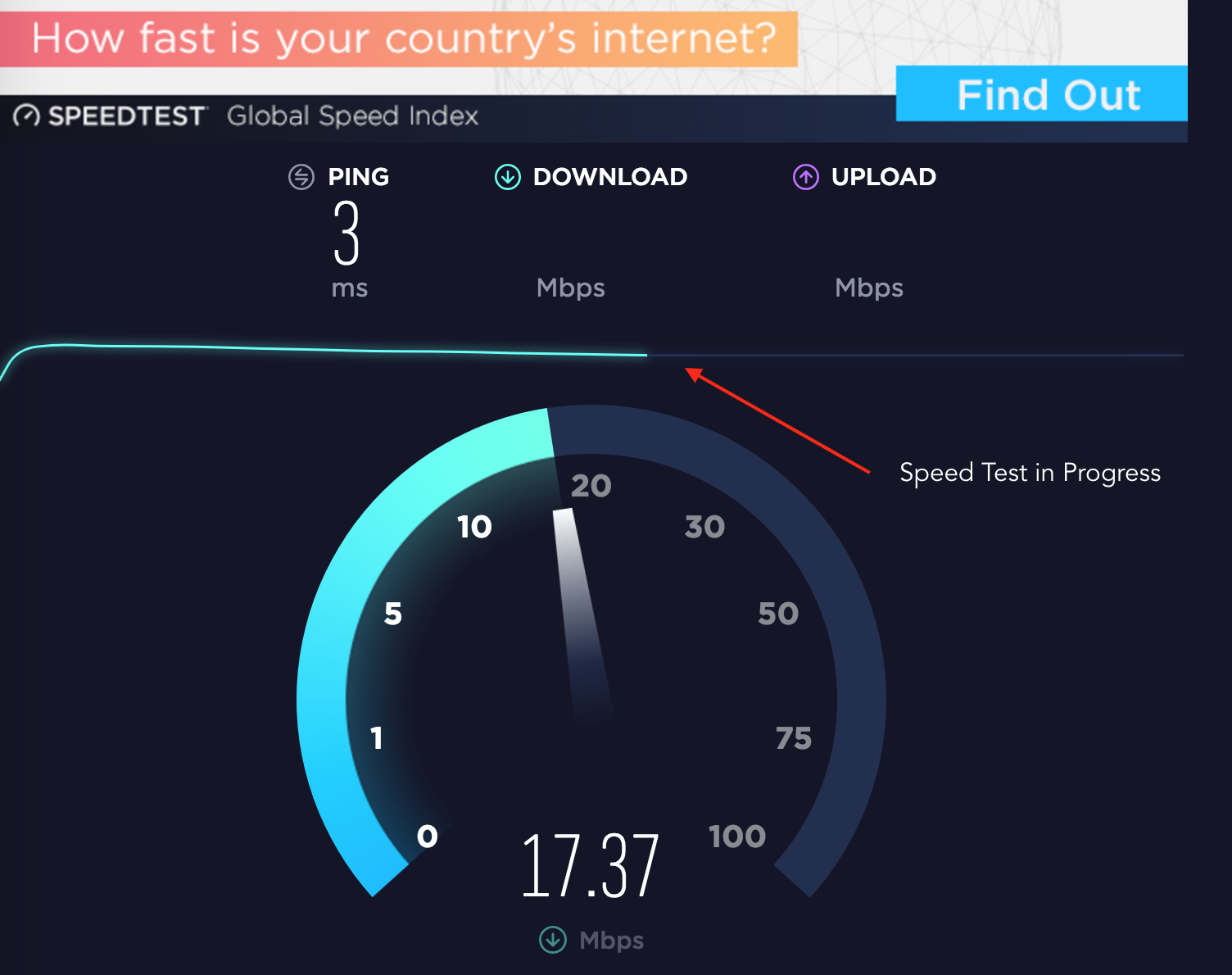

There are a number of things you can do to give your internet connection a boost. How can I speed up my broadband connection? So depending on how far your home is from your local cabinet box, the speed you're able to get could be far lower than 100Mbps. Since copper wires tend to significantly slow down the speed of a connection, FTTC broadband has a maximum speed of 100Mbps, and the speed degrades the further the data has to travel along a copper wire. With FTTC broadband, a network of fibre optic cables runs to your local telephone exchange cabinet from where data travels through (often old) telephone copper cables for the final few hundred metres or kilometres to your home. Time of day, congestion on the network, and whether your broadband is pure fibre or part fibre or so-called fibre-to-the-cabinet (FTTC) broadband will affect your speed. It’s important to remember that 100Mbps refers to the potential top speed offered by the connection and there is no minimum speed guarantee. Let’s say, for example, you signed up for a broadband deal that has been advertised at 100Mbps but when you run a speed test, you’re only getting speeds of 20Mbps. Why am I not getting the broadband speeds I signed up for? The lower your Jitter, the more consistently reliable your broadband connection is likely to be. Jitter is a bit like Ping, in that it is measured in milliseconds and refers to the responsiveness of your connection. The lower your ping, the faster your internet connection is at responding to the actions you ask it to take. Ping, which is measured in milliseconds, indicates how quickly your connection can respond to a request.
#INTERNET SPEED TEST DOWNLOAD#
So don’t worry if your download and upload speeds are vastly different. Upload speeds tend to be much slower than download speeds since most of us do much less uploading than downloading. Your upload speed measures the rate at which you are able to add content to the internet or send messages, pictures and videos to others. On the other hand, a low download speed will leave you with long page load times and pixelated or laggy video streams. So, a high download speed will allow you to load internet pages instantaneously and enjoy online video streaming without buffering. Your download speed is the rate at which your device is able to access content from the internet. The most important result from your broadband speed test is the 'download speed'.


 0 kommentar(er)
0 kommentar(er)
